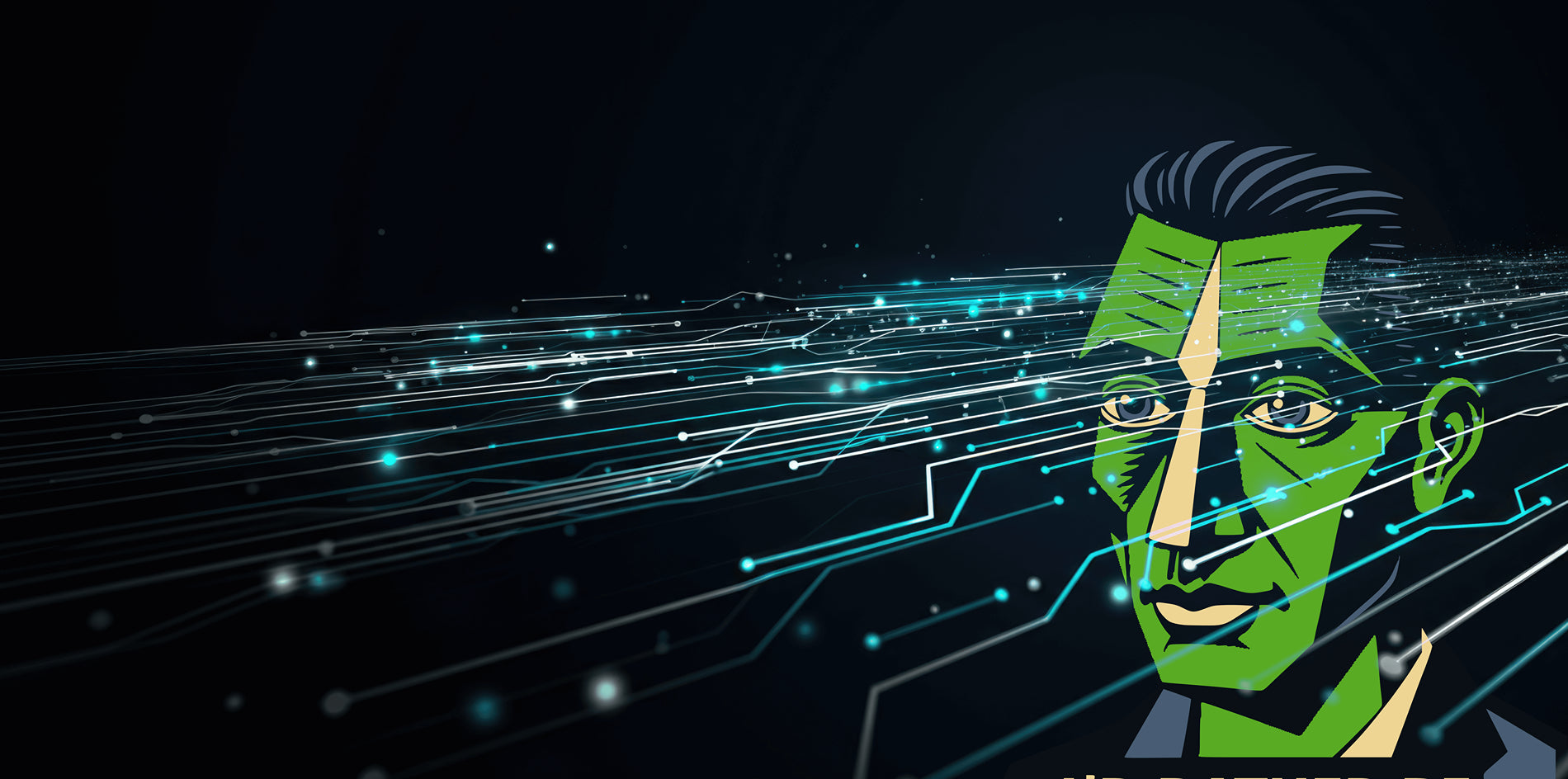As I sit at my desk, staring at the blinking cursor on my computer screen, a familiar feeling of self-doubt creeps in. "I don't belong here," I think to myself. "Everyone else seems to have it all figured out, and I'm just faking my way through." Welcome to the world of imposter syndrome - the persistent fear that you're not as competent as others perceive you to be, and that you're just one mistake away from being exposed as a fraud.
It's a problem that plagues many scientists, from graduate students to seasoned researchers. We're surrounded by brilliant minds, groundbreaking discoveries, and a culture that values perfection. But behind the scenes, we're often plagued by a nagging sense of inadequacy, convinced that we're the only ones who don't have it all together.
The truth is, no one actually has it all figured out. The illusion of scientific perfection is just that - an illusion. Beneath the surface, even the most accomplished researchers are grappling with their own insecurities, uncertainties, and moments of self-doubt. And that's okay. In fact, it's more common than you might think.
The Illusion of Scientific Perfection
In the world of academia, we're surrounded by a constant stream of impressive accomplishments - prestigious publications, prestigious awards, and the seemingly effortless mastery of complex concepts. It's easy to look at our peers and assume that they have it all figured out, that they're brimming with confidence and certainty.
But the reality is often quite different. Many researchers, even those at the top of their field, struggle with imposter syndrome. They may feel like they're constantly on the verge of being exposed as a fraud, despite their impressive credentials and achievements.
This illusion of scientific perfection is perpetuated by a number of factors. For one, the highly competitive nature of academia can create a culture of comparison and self-doubt. We're constantly bombarded with the successes of our colleagues, which can make our own struggles and shortcomings feel even more glaring.
Additionally, the nature of scientific research itself can contribute to feelings of imposter syndrome. The scientific method is all about questioning, testing, and refining our understanding of the world. But this process of constant learning and discovery can also lead to a sense of uncertainty and vulnerability.
Psychological Roots of Imposter Syndrome
Imposter syndrome has its roots in a complex web of psychological factors. At its core, it's a form of cognitive distortion - a tendency to focus on our perceived flaws and shortcomings while overlooking our genuine accomplishments and abilities.
For scientists, this can manifest in a number of ways. We may constantly second-guess our research findings, convinced that we've made a mistake or that our work isn't good enough. We may feel like we've only succeeded due to luck or external factors, rather than our own skills and hard work.
These cognitive distortions are often exacerbated by the highly competitive and demanding nature of academic life. The pressure to publish, secure funding, and maintain a flawless reputation can take a toll on our self-confidence and mental well-being.
Moreover, the very traits that make someone successful in science - a critical eye, a willingness to question assumptions, and a deep curiosity about the unknown - can also contribute to feelings of imposter syndrome. After all, the more we learn, the more we realize how much we still have to learn.
Real-World Impact
The consequences of imposter syndrome in science can be far-reaching and profound. At the individual level, it can lead to a range of mental health issues, including anxiety, depression, and burnout. Researchers who struggle with self-doubt may be less likely to take risks, pursue new opportunities, or advocate for their own ideas and accomplishments.
On a broader scale, imposter syndrome can have a significant impact on the scientific community as a whole. When researchers are plagued by self-doubt, they may be less likely to share their work, collaborate with others, or take on leadership roles. This can stifle innovation, limit the diversity of perspectives in the field, and perpetuate the very culture of perfection that fuels imposter syndrome in the first place.
Strategies for Overcoming Imposter Syndrome
Fortunately, there are a number of strategies that scientists can use to overcome imposter syndrome and build a more resilient, confident approach to their work.
One key step is to recognize the common symptoms of imposter syndrome, such as the tendency to attribute success to external factors, the fear of being "found out," and the constant need for validation. By becoming more aware of these patterns, we can start to challenge the negative thought processes that fuel our self-doubt.
It's also important to cultivate a growth mindset - the belief that our abilities and knowledge can be developed through effort and learning. This can help us reframe setbacks and failures as opportunities for growth, rather than as evidence of our own inadequacy.
Building a supportive network of colleagues and mentors can also be a powerful antidote to imposter syndrome. By sharing our struggles and vulnerabilities with others, we can realize that we're not alone in our experiences, and that even the most successful researchers have faced similar challenges.
Expert Perspectives
"Imposter syndrome is incredibly common in the scientific community," says Dr. Sarah Benson, a clinical psychologist who specializes in academic mental health. "It's a reflection of the high standards and intense pressure that researchers face, rather than a true measure of their abilities."
Dr. Benson emphasizes the importance of normalizing these feelings and creating a more open, supportive culture in academia. "We need to shift the narrative away from the idea of the 'perfect' scientist, and instead embrace the inherent uncertainty and vulnerability that comes with the pursuit of knowledge."
Dr. Aisha Malik, a neuroscientist and science communicator, agrees. "Imposter syndrome is something I've struggled with throughout my career," she says. "But I've learned that it's not a sign of weakness - it's a sign that you care deeply about your work and want to do it well."
Malik encourages her fellow researchers to practice self-compassion and to celebrate their successes, no matter how small. "We're all on a journey of learning and growth," she says. "The key is to embrace the uncertainty and find joy in the process, rather than striving for an unrealistic standard of perfection."
Conclusion
Imposter syndrome is a pervasive challenge in the world of science, but it doesn't have to be a debilitating one. By recognizing the universal nature of self-doubt, cultivating a growth mindset, and building a supportive network of colleagues, researchers can learn to embrace the uncertainty and vulnerability that come with the pursuit of knowledge.
After all, the greatest scientific breakthroughs often come from those who are willing to question, experiment, and push the boundaries of what's known. So let's celebrate the imperfections, the mistakes, and the moments of self-doubt - for they are the hallmarks of a truly curious and innovative mind.















